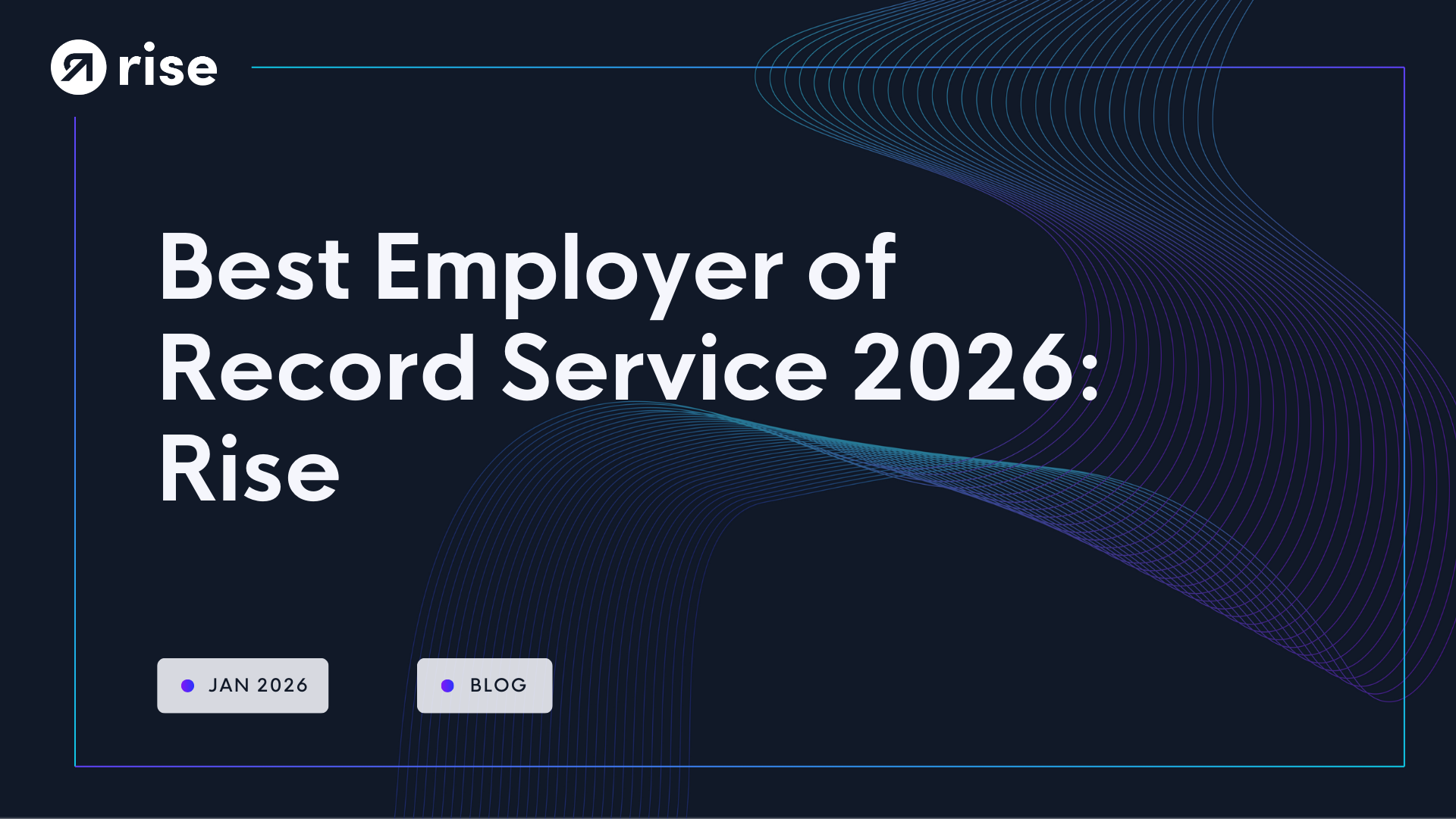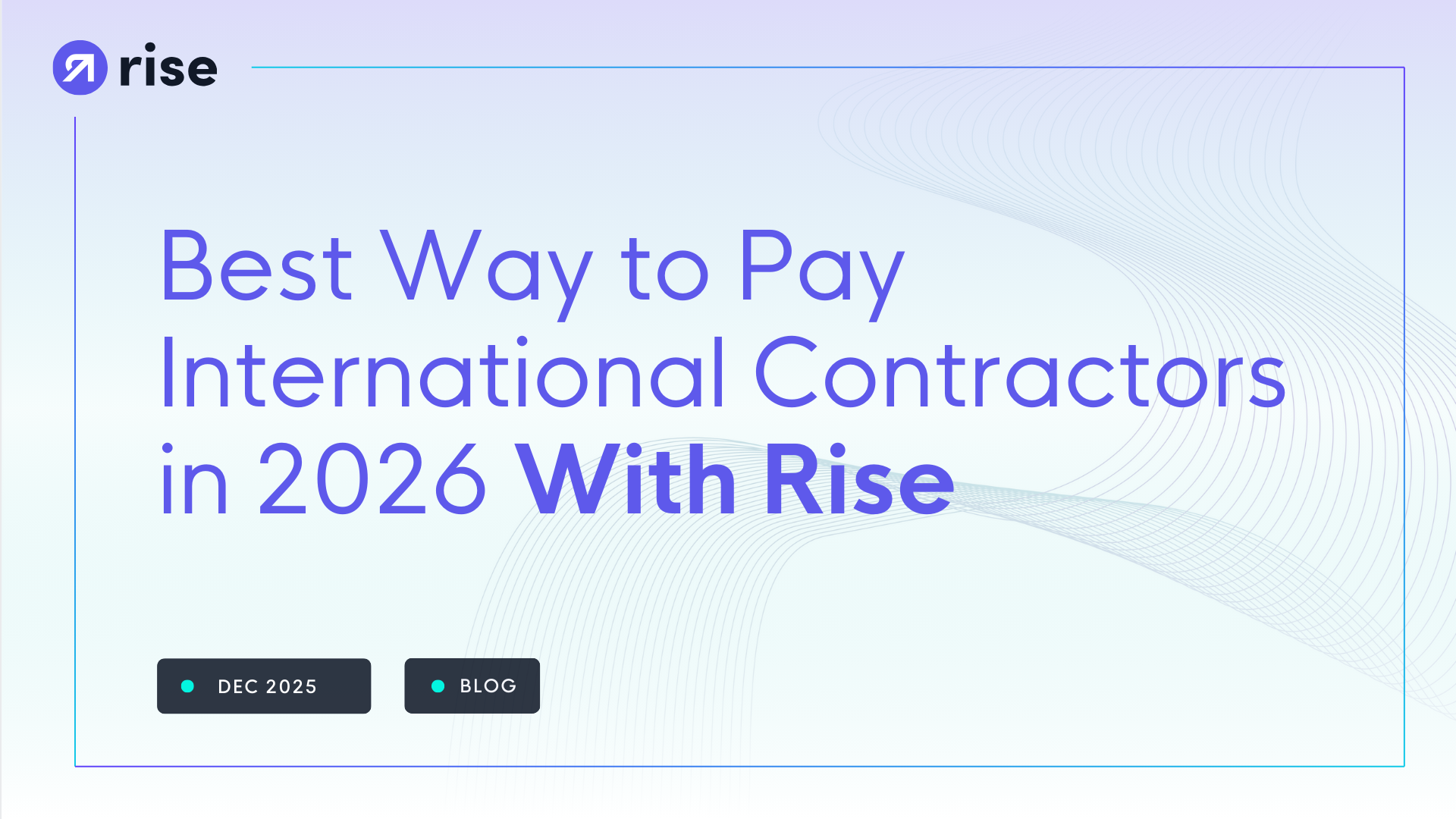

We just launched our new brand. Check it out and see how we are changing the Remote Payment HR world forever.
Payroll compliance practitioner
They manage compliance with tax laws, employment standards, and government reporting requirements related to employee wages, benefits, and deductions.
Their role involves:
- Calculating accurate payroll deductions (taxes, insurance, etc.)
- Filing necessary government reports
- Staying updated with changing payroll regulations
- Ensuring the organization remains compliant with labor laws and tax regulations.
In essence, a PCP ensures that payroll is processed legally and accurately.
A payroll compliance practitioner stands at the epicenter of payroll processes, ensuring accuracy, legality, and efficiency in every transaction. Their role extends beyond mere number crunching.
They guarantee adherence to federal, state, and local regulations. This involves staying updated on ever-evolving labor laws and tax codes.
Meticulous documentation and comprehensive audit preparedness are their primary responsibilities. Through diligence, they prevent costly errors and penalties.
Collaboration with various departments is key.
Payroll compliance practitioners work closely with HR, finance, and legal teams, aligning payroll procedures with organizational policies.
Their role demands constant education, professional certification, and a proactive approach toward emerging trends. They embody resilience and adaptability.
Ultimately, these practitioners uphold the organization's reputation and financial stability. Their expertise is vital in navigating the complexities of compliance.
Key Responsibilities
As a payroll compliance practitioner, your paramount duty is ensuring that payroll operations align perfectly with legal standards.
Meticulous attention to federal, state, and local regulations forms the bedrock of this role, safeguarding the organization from compliance infractions.
Your vigilance extends to regular audits. Ensuring comprehensive documentation and preparing for audits is a core responsibility, protecting the organization from potential fines and penalties.
Moreover, staying agile and informed about evolving regulations is critical.
Labor laws and tax codes are in constant flux, requiring immediate adaptation and application to payroll processes.
Another pivotal responsibility involves cross-departmental collaboration.
Close interaction with HR, finance, and legal departments ensures seamless alignment of payroll procedures with broader organizational policies.
In this role, continuous professional development is imperative.
Commitment to ongoing education and acquiring relevant certifications demonstrates a dedication to excellence and keeps one at the forefront of industry standards.
Lastly, the payroll compliance practitioner must embody a commitment to organizational integrity and stability.
Your expertise not only ensures seamless payroll operations but also enhances financial health and upholds the organization's esteemed reputation.
Required Qualifications
A payroll compliance practitioner must possess a combination of education, experience, and technical skills to interpret and apply complex regulations effectively.
A bachelor's degree in finance, accounting, human resources, or a related field is typically required.
Additionally, professional certifications such as the Certified Payroll Professional (CPP) or Fundamental Payroll Certification (FPC) are highly advantageous.
Experience is pivotal. Employers often seek candidates with at least three years of practical payroll experience, emphasizing proficiency in compliance and regulatory processes.
Proficiency in payroll software and systems, such as Rise, Workday, or Paychex, is expected.
Familiarity with these platforms ensures efficient handling of payroll tasks and regulatory requirements.
Moreover, strong analytical skills are essential for assessing compliance risks and implementing appropriate corrective measures. An aptitude for identifying discrepancies and devising accurate solutions is crucial.
Finally, excellent communication skills, both written and verbal, are indispensable. The ability to convey complex information clearly and collaborate effortlessly with various departments enhances operational cohesion and organizational success.
Essential Skills
As a payroll compliance practitioner, mastering specific skills is paramount to ensuring seamless operations.
First and foremost, an acute understanding of federal, state, and local payroll regulations is indispensable. This knowledge ensures accurate adherence to legal standards.
Additionally, the ability to manage and interpret extensive data sets allows practitioners to identify inconsistencies and ensure precise payroll processing.
Moreover, strong problem-solving skills facilitate the timely resolution of compliance issues, mitigating potential financial and legal repercussions for the organization.
Lastly, effective time management is crucial. It enables the practitioner to meet deadlines consistently and maintain the accuracy of payroll activities.
Career Path
Embarking on a journey as a payroll compliance practitioner opens numerous pathways for growth and advancement.
Today, it's not uncommon for payroll practitioners to ascend to pivotal roles such as payroll managers or compliance officers, significantly impacting organizational policy and strategy.
Moreover, the diverse skill set required for this role, including expertise in tax regulations, accounting principles, and data management, offers a robust foundation for career longevity.
The profession continually evolves, ensuring that dedicated practitioners remain valuable assets to any organization.
Certifications
Obtaining certifications as a payroll compliance practitioner is a pivotal step toward professional excellence.
These certifications validate your expertise and dedication to maintaining industry standards.
They ensure you are well-versed in the latest regulations and possess the skills to implement them efficiently.
For instance, the Certified Payroll Professional (CPP) credential is a hallmark of payroll proficiency, covering essential knowledge areas such as payroll law and compliance.
Additionally, certifications like the Fundamental Payroll Certification (FPC) and the Payroll Compliance Practitioner (PCP) certification from the Canadian Payroll Association can significantly bolster your credentials.
By achieving these, you not only demonstrate a commitment to your profession but also position yourself as an indispensable asset in the evolving field of payroll compliance.
Payroll Compliance Standards
Payroll compliance standards are the foundation upon which payroll compliance practitioners build their practice.
These standards encompass a comprehensive range of legislative and regulatory mandates that guide payroll operations, ensuring accuracy, fairness, and transparency in employee compensation.
Rigorous adherence to these standards protects organizations from legal repercussions and fosters trust among employees.
By staying current with evolving regulations, practitioners can navigate complexities and safeguard organizational integrity.
Implementation begins with a thorough understanding of federal, state, and local regulations. Practitioners must be adept at interpreting these laws and effectively applying them to payroll processes, mitigating risks and optimizing compliance.
Mastery of standards ensures seamless payroll operations, reflecting a practitioner's dedication to excellence.
In an ever-changing regulatory landscape, a payroll compliance practitioner's role is instrumental in upholding these standards.
Proactively engaging with ongoing education and leveraging advanced technologies, practitioners can ensure their systems are robust, responsive, and fully compliant.
This commitment not only enhances operational efficiency but also fortifies the organization's reputation in the dynamic business environment.
Legislative Updates
Adapting to changes is essential.
Payroll compliance practitioners must remain vigilant amidst ever-evolving legislation. New laws surface frequently, impacting diverse aspects of payroll management, thereby necessitating continuous vigilance and adaptability.
Therefore, putting in place a robust mechanism to anticipate, understand, and implement these legislative updates is fundamental to sustaining seamless compliance.
Keeping informed is paramount.
Regular consultations with legal experts ensure the interpretation is accurate.
Moreover, establishing an efficient system for promptly integrating updates - across policies, systems, and practices - translates into enhanced compliance capabilities for the organization.
It further underscores the practitioner's adaptability to new requirements and showcases their commitment to precision and integrity.
Thus, contemporary legislative awareness is the key differentiator enabling payroll compliance practitioners to steer confidently through the complexities of changing legal landscapes.
By staying ahead of updates and proactively implementing measures, they ensure that global payroll processes remain not only compliant but exemplary.
Common Challenges
As a payroll compliance practitioner, encountering various challenges is an inevitable part of the role.
From keeping abreast with constantly evolving laws and regulations to ensuring accurate payroll calculations, the complexities can be daunting.
Each jurisdiction may present unique legal requirements, increasing the intricacy of maintaining compliance.
Misclassification of employees, for instance, is a prevalent issue that can lead to significant legal repercussions and financial penalties.
Inaccuracies in wage documentation due to misinterpretation of tax codes present another considerable hurdle.
Additionally, data privacy and cybersecurity concerns are ever-present, necessitating robust measures to safeguard sensitive employee information.
The implications of a data breach extend beyond financial loss, potentially tarnishing organizational reputation and trust.
Despite these challenges, a proficient payroll compliance practitioner remains steadfast and resilient, turning obstacles into opportunities for growth and improvement.
Continuing Education
Continuing education is an essential aspect.
Certified Payroll Compliance Practitioners must stay updated with the latest developments.
This field demands not only a thorough understanding of existing compliance standards but also an ongoing commitment to professional advancement.
Consequently, engaging in regular educational activities becomes crucial in maintaining a high standard of payroll proficiency.
Adapting to new industry regulations.
This process can be facilitated through - not only formal courses and workshops but also peer networking opportunities and self-directed learning endeavors.
Remaining abreast of transformations and technological advancements enables practitioners to implement cutting-edge solutions, optimizing both compliance and efficiency.
By doing so, they foster an environment where excellence thrives, continually reinforcing their role as indispensable assets to their organizations.
Related Terms
Revolutionize your Payroll & Empower your People
Get access to the definitive guide on web3-enabled payroll and compliance solutions














